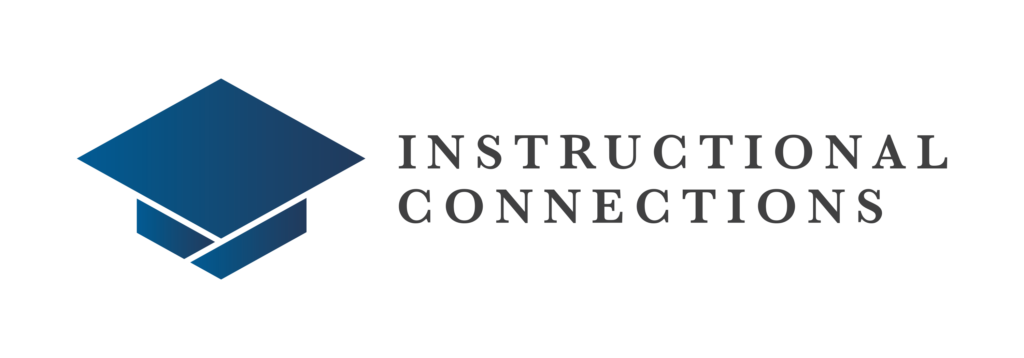Leadership in academia is ever-evolving, and as time goes on, those in leadership are met with increasing demands on their time. New and evolving programs, higher expectations, and rapidly changing technology exert new pressures on academic deans and chairs alike.
Online education is one such responsibility that falls squarely on academic deans and chairs and can be difficult to navigate. While the brick-and-mortar elements of their purview might demand more immediate attention, online education is possibly the aspect of their institution that comes into contact with the most students and prospective students.
Failures in implementation, adoption, and student outcomes within online education can have a catastrophic impact on the overall health of any department. Everything from faculty turnover to student outcomes can fall precipitously when online education courses hit snags.
The unique needs of deans and department chairs in online education have been largely overlooked. While leadership roles share some priorities with students and instructors, they also have distinct expectations from online courses. Instructional Connections is here to help you understand what deans and chairs seek in online education programs—and how institutions can better support them.
Challenge 1: Budget Cuts
Senior administrators often navigate budget cuts when attempting to improve online education courses. Whether coming from the institution itself or due to reduced federal and state funding, changes in budget can upend a department’s priorities and initiatives. These sudden changes in funding mean that resources available to help support faculty through their online education courses might suddenly not be accessible. This can have dramatic impacts on instructor course satisfaction and, by extension, student outcomes and favorability ratings.
Challenge 2: Declining Enrollment & Increasing Course Withdrawals
Declining enrollment within higher education forces senior administrators to closely evaluate their online academic programs. In addition, these declining enrollment figures can further impacts everything from student-to-instructor ratios to course offerings. Student withdrawals can also exacerbate this once courses have begun. As enrollment declines, institutions must do all they can to improve course completion for both the good of the student and institution. Deans and other senior faculty members must be vigilant for potential hazards to student outcomes and correct course accordingly. While this is often easier said than done, senior faculty members must be working with their instructors to produce the best possible student outcomes.
Challenge 3: Competition
At one point, offering an online course or two was a value proposition in itself for an institution of higher education. However, as more higher education institutions increase their online offerings, simply offering a course is not enough. With some 50% or more of college students taking at least one course online, senior faculty members must work to ensure their online offerings are poised to survive against increased competition.
To ensure their departments can survive the rise in competition, senior administrators must ensure that their departments and institutions are offering the most robust catalog of online courses possible. This can often be easier said than done. Not all courses will be popular, and some will face steeper competition than others. Deans, chairs, and other high-level faculty members need to ensure that their online education programs are poised for success and optimized for the best possible student experience to stay relevant in a world where nearly every institution of higher education can offer online learning.
Partner With Instructional Connections
Against this backdrop, it becomes clear that senior administrators must find scalable, effective, an, and qualified methods to improve student outcomes inne education courses. Instructional Connections’ Academic Coaches and Virtual Teaching Assistants are data-proven to help achieve educational excellence in virtual programs.
Our process is simple. By providing your instructors of record with qualified Virtual Teaching Assistants or Academic Coaches, we help your institution improve your faculty bandwidth and online program class management. The addition of our Academic Coaches frees up faculty time to better invest in strategic initiatives like ongoing training, student outcomes, and curriculum management.
Meanwhile, our Academic Coaches and Virtual Teaching Assistants work with your instructors to handle approved day-to-day items. Routine items like grading, email correspondence, proctoring, and other daily tasks can now be completed by an Academic Coach. This allows your faculty members to focus on more complicated tasks, all while improving department outcomes.
Call now to discuss the Academic Coach model and how it can better support your students, faculty members, and institution.


